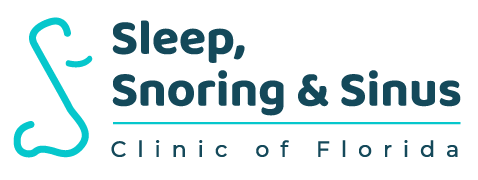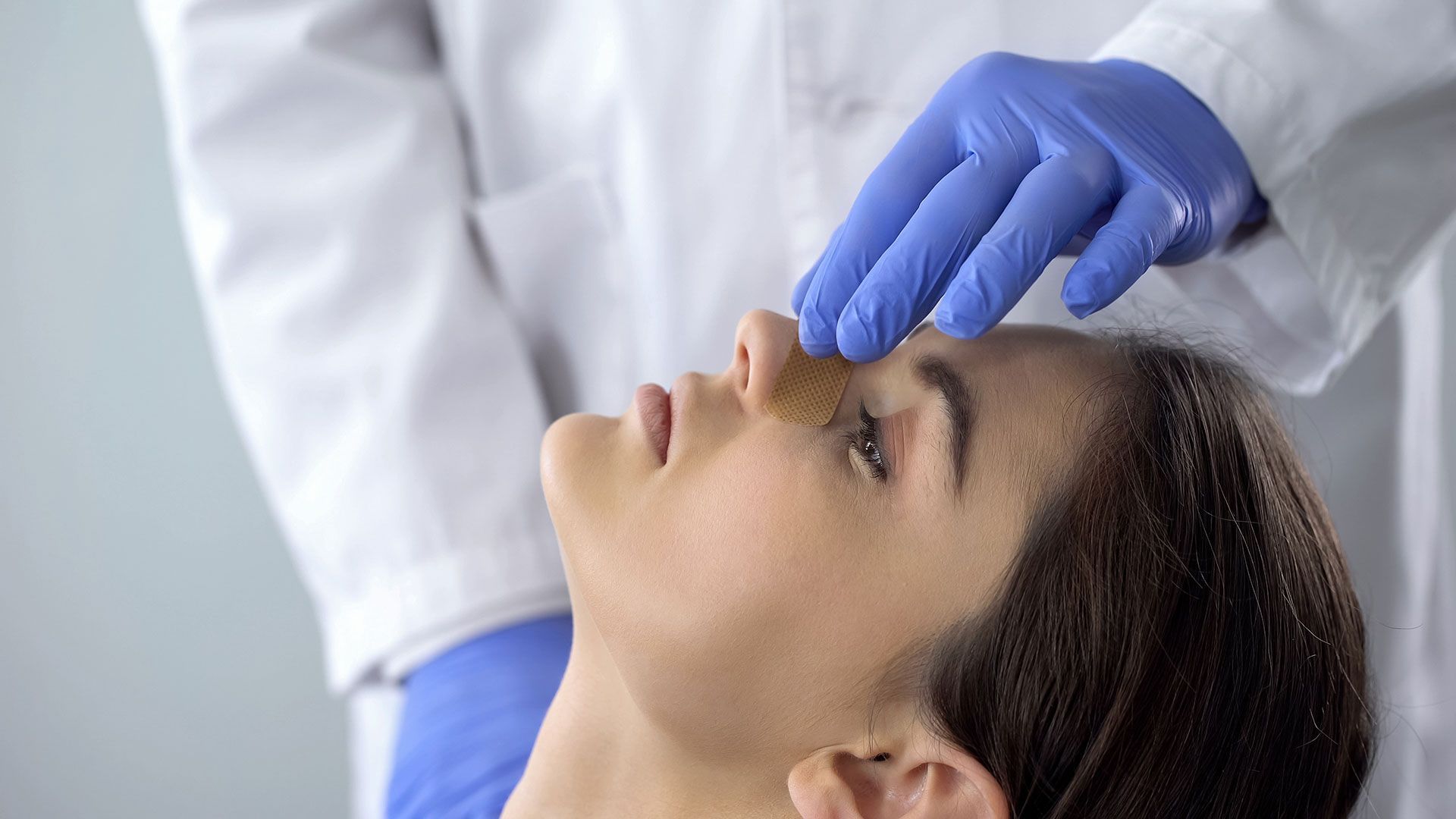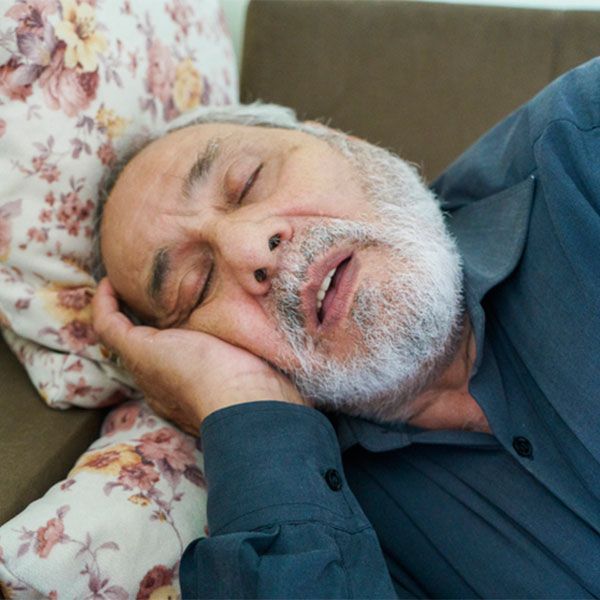Plantation Location
Coral Gables Location
Plantation Location
Pembroke Pines Location
Symptoms of Sleep Apnea & When is Surgery Necessary
Sleep apnea is a sleep disorder characterized by pauses in breathing or shallow breathing during sleep. These pauses in breathing can last from a few seconds to minutes and can occur multiple times throughout the night. The most common types of sleep apnea are obstructive sleep apnea (OSA), central sleep apnea (CSA), and mixed sleep apnea (a combination of obstructive and central sleep apnea). If you're interested in learning about the most common symptoms of sleep apnea and when surgical treatment may be necessary, check out the following sections.
Symptoms of Sleep Apnea
Loud Snoring:
Persistent and loud snoring is often a prominent symptom of obstructive sleep apnea. It usually occurs when your airway becomes partially blocked during sleep.
Pauses in Breathing:
A family member or partner may have witnessed instances where you stop breathing during sleep. These episodes are generally followed by gasping or choking sounds as breathing resumes.
Excessive Daytime Sleepiness:
Individuals with sleep apnea often experience excessive daytime sleepiness, regardless of how much time they sleep at night. This can lead to difficulty staying awake throughout the day, especially during activities that require focus and concentration.
Morning Headaches:
Waking up with a headache in the morning is a common symptom of sleep apnea. It occurs due to changes in oxygen levels and increased carbon dioxide levels during episodes of interrupted breathing.
Dry Mouth or Sore Throat:
Breathing through the mouth during sleep, which is common in individuals with sleep apnea, can cause you to wake up with a dry mouth or sore throat.
Irritability & Mood Changes:
Sleep deprivation caused by sleep apnea can lead to mood swings, irritability, and feelings of depression.
Restless Sleep:
People with sleep apnea may experience restless sleep, characterized by frequent awakenings, tossing and turning, and a feeling of not being well-rested upon waking.
When is Sleep Apnea Surgery Necessary?
Structural Abnormalities:
Surgery may be considered if there are structural abnormalities in the upper airway that contribute to sleep apnea. This could include enlarged tonsils, adenoids, or a deviated nasal septum.
Nasal Obstruction:
If nasal congestion or obstruction is contributing to sleep apnea, surgical procedures such as septoplasty (straightening the nasal septum) or turbinate reduction may be recommended to improve airflow.
Palate & Uvula:
Surgical procedures such as uvulopalatopharyngoplasty (UPPP) may be performed to remove excess tissue from the soft palate and uvula, widening the airway and reducing obstruction during sleep.
Maxillomandibular Advancement Surgery:
For individuals with certain jaw or facial structure issues contributing to sleep apnea, surgical procedures that reposition the jaw forward (maxillomandibular advancement surgery) may be considered to increase the size of the airway and reduce obstruction.
Reach Out to Learn More About Sleep Apnea Surgery
If you’re dealing with sleep problems, turn to the Sleep, Snoring & Sinus Clinic of Florida is here to help. We provide a range of treatment options for sleep apnea. Whether you’re struggling with excessive snoring, daytime sleepiness, or another symptom, trust our experienced team to get your sleep back on track. Contact our office to schedule a consultation. We’re proud to serve residents across Miami-Dade, Broward, and Palm Beach Counties, FL.
Make An Appointment
Call us and Send us a message!
Contact Us
Thanks for your message!
I'll get back to you as soon as I can.
Please try again later.
CONTACT US
Plantation:
100 NW 82nd Ave, Suite 405, Plantation, FL 33324
Phone:
(305) 432-9785
Fax: (786) 946-2831
Email: plantation@mycarenetwork.net
Pembroke Pines: 10071 Pines Blvd, Suite C, Pembroke Pines, FL 33024
Phone:
(954) 628-8453
Fax: (954) 437-6252
Email: pines@mycarenetwork.net
OUR HOURS
Monday: 8am - 4pm
Tuesday: 8am - 4pm
Wednesday: 8am - 4pm
Thursday: 8am - 4pm
Friday: 8am - 4pm
Saturday: Closed
Sunday: Closed
QUICK LINKS
Service Areas: Miami-Dade County, Broward County, Palm Beach County


